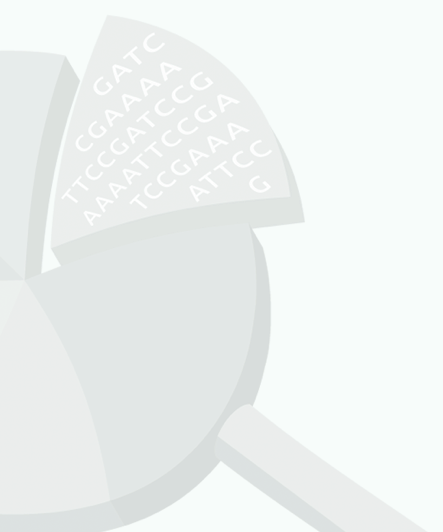About
What is YummyData ?
YummyData is a system that monitors SPARQL endpoints (and in general RDF datasets) relevant for biomedical research. It provides information such as their compliance to standards and their performance.
Examples of features that YummyData inspects are the presence of a VoID descriptor, the presence of license information, support of SPARQL1.1 or support for CORS.
Examples of the information that YummyData monitors are the endpoint uptime, the number of statements, and some measure of the amount of ontology constructs in use.
Overall these values are combined in the following six metrics:
- Availability (of an endpoint)
- Performance
- Operation (compliance to service provision standards)
- Validity (compliance to data provision standards)
- Freshness
- Usefulness (richness in metadata and use of standard vocabularies)
An overall "umaka score" provides a synthetic view on the "quality" of a SPARQL endpoint and its content.
Why did we make it?
When relying on information resources published as linked-data, a typical problems of computational researchers is the difficult to determine which SPARQL endpoint to choose for a given type of information.
First, the same "dataset" can be provided by multiple SPARQL endpoints, not all of which are kept up to date or are compliant to recent standards. It is hard to know which endpoint is the most reliable without some evidence of its performance or some tracking of its data content.
In addition, the same "data" can be part of multiple integrated datasets, where the same data can be cleansed or enriched and integrated with other information.
In YummyData we try to solve this problems as follows:
- We provide a curated list of SPARQL endpoints, that are relevant for biomedical research
- We continuously monitor such endpoints, as to detect whether they are reliable and kept up to date
- We collect some measures that can be proxies for the "quality" of the representation (e.g., usage of standard ontologies)
Finally, we provide a space for discussion where, in relation to a given endpoint, data consumers can request improvements/corrections to data providers.
How does it work ?
YummyData periodically sends queries to a list of endpoints to measure their performance and the characteristic of data provided. It logs responses (or the lack of) and uses this information to compute its scores. YummyData takes specific measures to provide a score. When the data size makes content analysis via queries impractical, YummyData can dowload the data and it can analyze it offline.
YummyData provides both a list of endpoint, that can be ordered or filtered on specific features, or a per-endpoint view. The same information that is presented via the website is also available via APIs for programmatic access.
Who are we ?
YummyData has been developed by BioHackathon participants and maintained by DBCLS. The original idea was born and grown at the BioHackathon 2012 where Andrea Splendiani, Johan Nystroem, and Yasunori Yamamoto collaborated. Then, Atsuko Yamaguchi and Yasunori began to develop a service based on YummyData in 2015, and the name was UmakaData. Umaka means yummy in a dialect of Japanese. After that, at the BioHackathon 2016, the former members joined and the two projects were merged. Atsuko and Yasunori work for DBCLS. Johan and Andrea work for private companies, respectively.
Publications
- Yasunori Yamamoto, Atsuko Yamaguchi, Andrea Splendiani, YummyData: providing high-quality open life science data, Database, Volume 2018, 1 January 2018, bay022, https://doi.org/10.1093/database/bay022
- Yasunori Yamamoto, Atsuko Yamaguchi, Andrea Splendiani, Umaka-Yummy Data: A Place to Facilitate Communication between Data Providers and Consumers, Semantic Web Applications and Tools for Life Sciences (SWAT4LS), 2016, http://ceur-ws.org/Vol-1795/paper36.pdf
